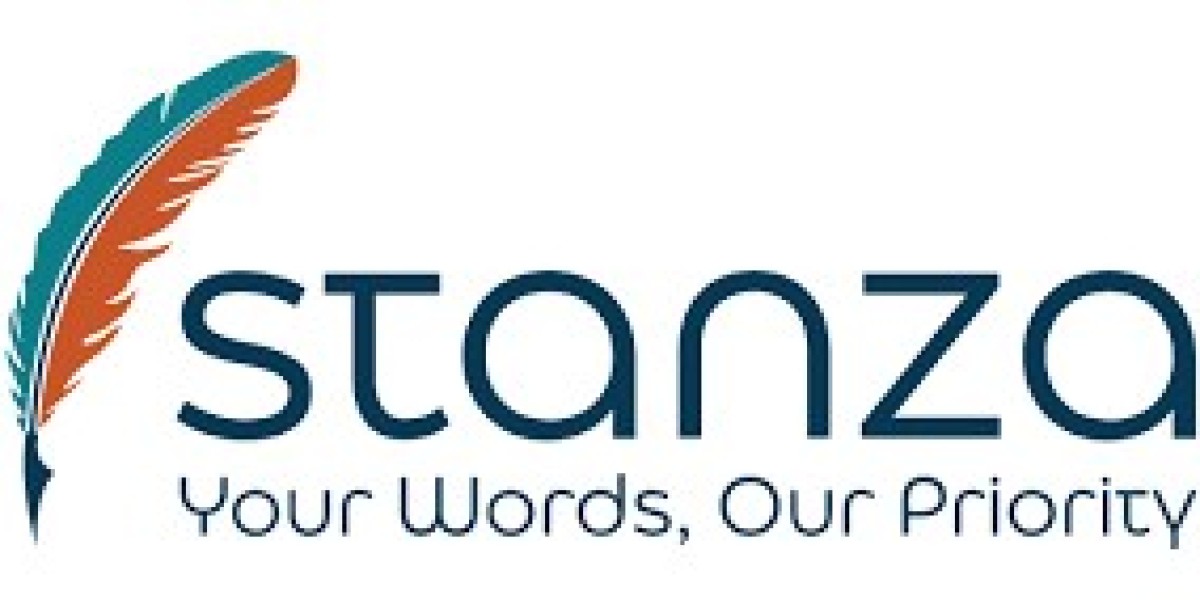In an increasingly interconnected world, businesses, institutions, and individuals rely on accurate documentation to communicate, comply with regulations, and make important decisions. Whether it's a legal contract, a medical record, a technical manual, or a financial report, the accuracy of documentation is non-negotiable. Mistakes—no matter how small—can lead to misunderstandings, legal disputes, financial loss, or safety risks.

This is where professional translation plays a vital role. Unlike automated or informal translation methods, professional translation ensures precision, clarity, and contextual accuracy. It guarantees that critical documents maintain their meaning, tone, and legal integrity across languages—strengthening trust and preventing serious consequences.
This article explores how professional translation ensures accuracy in critical documents and why it remains an essential service for global communication.
1. Expertise in Subject-Specific Terminology
Critical documents often include highly specialized language. Legal contracts use strict terminology, medical files contain precise clinical terms, and technical manuals rely on industry-specific vocabulary. Professional translators bring domain expertise that ensures every term is accurately interpreted.
How subject expertise supports accuracy:
Translators understand legal, medical, technical, or financial jargon
They ensure terms are translated consistently across documents
Industry standards and regulatory requirements are followed
Ambiguous or sensitive content is conveyed with precision
Without expert knowledge, even a minor mistranslation can alter meaning significantly. Professional translators eliminate that risk with their specialized skills.
2. Maintaining Context, Tone, and Intent
Words alone do not convey the full meaning of a document. Tone, context, and purpose are equally important—especially in critical documents where legal, emotional, or technical clarity matters.
Professional translators ensure:
The intended meaning remains intact
Cultural nuances are accurately reflected
The tone matches the original style
Sensitive content is handled appropriately
This is crucial in legal and business documents where tone can influence interpretation. Professional translation ensures nothing is misinterpreted due to cultural or linguistic differences.
3. Rigorous Quality Control and Review Processes
Professional translation agencies follow strict review and editing standards. Accuracy is achieved through multiple layers of checks rather than the work of a single translator.
The quality control process often includes:
Initial translation by a subject-matter expert
Editing by a second linguist
Proofreading for grammar, terminology, and formatting
Final verification, often with reference materials or glossaries
These quality assurance steps ensure the translated document is error-free, consistent, and aligned with the original text.
4. Use of Translation Tools for Consistency (But Not Over-Reliance)
Professional translators use advanced tools—such as translation memory systems, terminology databases, and quality checkers—to ensure consistency. These tools assist in accuracy but do not replace human expertise.
Benefits of translation technology:
Ensures consistent use of terminology
Reduces human error
Speeds up translation of repetitive content
Helps manage large or complex projects
While AI and machine translation can support efficiency, they cannot replace the nuanced judgment of professional translators. The combination of technology and human skill ensures the highest accuracy.
5. Adherence to Legal and Regulatory Standards
Critical documents often require not only accurate translation but also compliance with legal protocols. Professional translators understand the legal and regulatory framework of both the source and target languages.
Examples of documents requiring accuracy and legal precision:
Contracts and agreements
Court documents
Immigration papers
Medical records
Financial statements
Compliance and audit reports
Patent and intellectual property filings
Professional translators ensure translated documents retain legal force, meaning they can stand up in court, regulatory review, or business negotiations without discrepancies.
6. Protection of Confidential and Sensitive Information
Critical documents often contain sensitive data—such as personal identities, legal strategies, medical histories, or financial records. Professional translators follow strict confidentiality protocols.
Professional services guarantee:
Secure handling of documents
Compliance with data protection laws
Non-disclosure agreements
Ethical standards in every step
Confidentiality safeguards ensure clients can trust that their information remains secure throughout the translation process.
7. Avoiding Costly Errors and Miscommunication
Mistakes in critical documents can lead to serious consequences, including legal disputes, financial penalties, and operational failures.
Risks of inaccurate translation:
Breach of contract due to incorrect clauses
Misdiagnosis from mistranslated medical terms
Safety hazards from incorrect technical instructions
Audit issues due to flawed financial translations
Rejected government filings or visa applications
Professional translators eliminate these risks by ensuring the document is precise, compliant, and legally valid.
8. Cultural and Linguistic Sensitivity
Critical documents often refer to local cultural practices, legal frameworks, or industry standards. Professional translators take these differences into account.
Cultural sensitivity ensures:
The message is appropriate for the target audience
No unintentional offense or misunderstanding occurs
Local customs and expectations are respected
The translated content is relatable and accurate
This cultural understanding provides clarity and helps documents perform their intended purpose in a foreign context.
9. Reliability in High-Stakes Situations
Some documents play an essential role in life-changing decisions—medical diagnoses, legal proceedings, immigration approvals, mergers, acquisitions, and international business deals. In such scenarios, accuracy is critical.
Professional translation ensures:
The information is trustworthy
Decision-makers have accurate data
Documents can be used in official settings without doubt
The integrity of the original is preserved
High-stakes documents cannot afford errors. Professional translation delivers reliability when it matters most.
10. Ensuring Consistency Across All Document Types
In many cases, organizations need multiple documents translated—contracts, manuals, policies, certifications, marketing materials, and more. Professional translators ensure consistency across every document.
Benefits of consistency:
Strengthens brand reputation
Prevents internal confusion
Builds trust with international partners
Ensures unified global messaging
Consistency creates a cohesive and accurate document ecosystem, essential for global operations.
Conclusion: Why Professional Translation Is Essential for Critical Documents
Accuracy in critical documents is not optional—it's a necessity. A single mistake can derail negotiations, jeopardize legal compliance, harm safety, or damage trust. Professional translation ensures every word, clause, and technical detail is correct, contextually appropriate, and legally sound.
By combining subject expertise, quality assurance, cultural understanding, and confidentiality, professional translators provide a level of precision that automated or informal translation cannot match.
For businesses, organizations, and individuals working with high-stake documents, investing in professional translation is not just a best practice—it's a crucial step in protecting interests, ensuring compliance, and supporting effective global communication.



